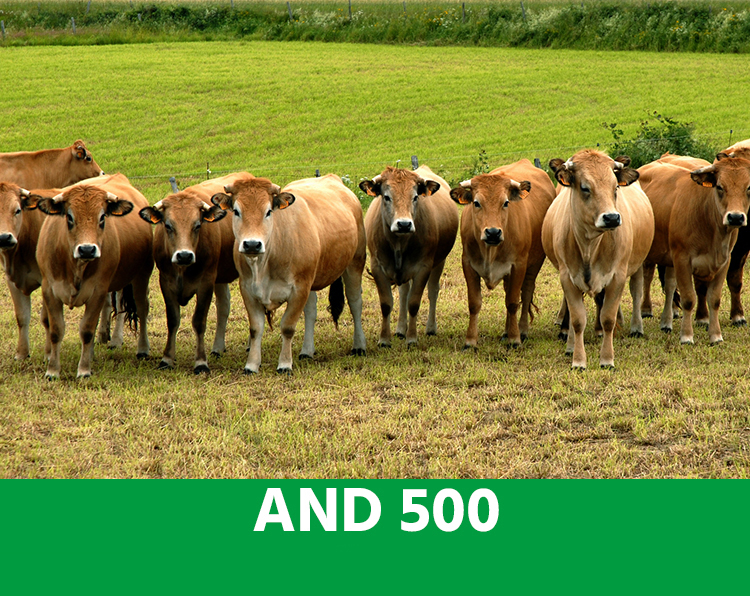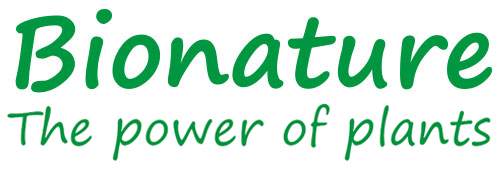Description
Immune defences
When all the needs of the animals are satisfied their natural defences against parasitism are very strong. The zootechnical performances are then high. Genetically programmed, these defence systems, which are very efficient, in order to work need specific nutrients that are not always present in modern farming systems. It is necessary to provide them as a supplement: this is the role of A.N.D. 500. The farmer will then see an improvement in the fundamental criteria of profitability: fertility, milk quality, health of the udder, colostrum, health of the calves, reduction of unnecessary revision, reduction of veterinary fees. Income will be improved.
Manage immunity
Holding: 270 Ewes, 80 Limousin cows 87360 Verneuil Moustiers
“With us parasitism is unmanageable. We have strongyles, flukes, paramphistomum, coccidiosis… On the ewes and the lambs we had to undergo, cumulated, not less than 12 treatments in 2015, and the animals are not in condition so far. The animals recover a little immediately after treatment but it does not last long, sometimes a month afterwards it begins again. There are a lot of losses. On cows, it is flukes and paramphistomum, there is no way, it is treated and it comes back.”
Implementation of a Bionature protocol
On half of the ewes and batch of cows: start end of May 2016 of a parasitism health plan with in the first place A.N.D. 500, recall at the end of June and then again in September. Results: no intervention on “Bionature” batches, while the other ewes and lambs had to be dewormed several times. In the case of bovines, the “Bionature” cows do not show any clinical signs and the analyses are good whereas it is totally different for the others: significant presence of paramphistomum larvae and flukes, and chemical deworming necessary and mandatory given the level of infestation. Given this encouraging result, made available on the lambs from the first days of continuous life of an A.N.D. square block 500, result: nothing to report, no chemical treatment as needed in previous years, and 60-day and 85-day coproscopic examinations are negative in strongyles and with a very low level of coccidiosis, requiring no chemical treatment.



